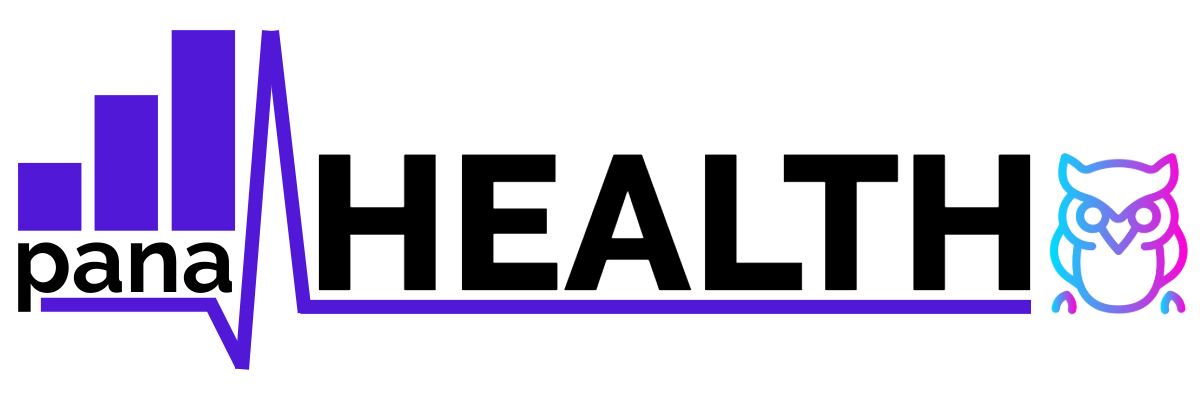The world of modern healthcare is a complex ecosystem, where countless professionals work together to ensure patient well-being. While doctors and nurses take center stage in direct patient care, a skilled team behind the scenes plays a crucial role in ensuring accurate and efficient medical services: Medical Transcriptionists. Medical Transcriptionists work with healthcare providers to ensure that each visit is documented so that there is a complete record of the diagnosis and treatment plan and any follow-up care needed. Medical transcriptionists listen to providers’ dictated notes and translate them into a clear, organized record of the visit. They ensure that all aspects of a person’s history, diagnoses, and treatment are recorded. Then they use the facility’s documentation system to file the medical records to be accessed at the next visit or sent to another facility if necessary.
From Dictation to Documentation
In today’s fast-paced medical environment, doctors often rely on dictation software to capture their notes during patient consultations. These recordings are then passed to medical transcriptionists, who translate them into clear, concise, and accurate medical reports. This meticulous process requires a deep understanding of medical terminology, anatomy, pharma, and a keen eye for detail. Even a minor transcription error can have serious consequences, making precision the highest requirement of this field.
The impact of medical transcriptionists extends far beyond simply converting spoken words to text. By taking over the documentation burden, they free up valuable time for physicians to focus on what they do best – providing patient care and eventually increasing your practices’ revenue. Accurate and accessible medical records also facilitate smoother collaboration among healthcare professionals. Imagine a patient case requiring the expertise of a cardiologist, a neurologist, and a primary care physician. Clear, well-documented medical history, accessible through efficient medical transcription services, becomes the epitome of effective communication and collaborative treatment planning.
Industry Trends and the Importance of Accuracy
The Bureau of Labor Statistics (BLS) projects a 6% decline in medical transcriptionist jobs between 2022 and 2032 due to the rise of speech recognition technology [BLS]. However, this doesn’t diminish the vital role they play. Speech recognition, while improving, can still struggle with medical terminology and accents. A 2020 study by the American Medical Association found that nearly half (46%) of physicians reported errors in electronically generated progress notes [AMA]. This highlights the need for skilled medical transcriptionists who can ensure the accuracy and completeness of medical records.
Importance of Medical Transcriptionists
Medical transcriptionists are more than just typists. They possess a deep understanding of medical terminology, anatomy, and physiology, allowing them to decipher complex medical jargon and translate it into clear, concise language. Additionally, they play a crucial role in:
-
Maintaining HIPAA Compliance
The Health Insurance Portability and Accountability Act (HIPAA) mandates strict patient privacy regulations. Medical transcriptionists are trained in HIPAA compliance, ensuring patient information is secure throughout the transcription process.
-
Promoting Communication and Efficiency
Accurate medical records facilitate smooth communication between healthcare providers, allowing for a more coordinated and efficient approach to patient care.
-
Facilitating Medical Billing
Accurate medical records are essential for proper medical coding and medical billing. Transcriptionists ensure the reports they generate contain the necessary details for accurate billing.
-
Compatibility With EHR/EMR
EHR and EMR systems require medical staff to sort extensive patient information. Reliable outsourced medical transcription providers like panaHEALTH can ease the burden of documentation. Physicians can take more time to focus on their patients and can live a better and an engaging lifestyle.
The Future of Medical Transcription
While technology may overpower some aspects of transcription, the role of the medical transcriptionist is likely to remain essential in modern healthcare. As the industry evolves, medical transcriptionists may see their roles shift towards specialized areas like editing and quality assurance or working in conjunction with speech recognition software to ensure the highest level of accuracy.
To sum up, medical transcriptionists are the backbone of accurate medical record-keeping. Their expertise and dedication contribute significantly to patient care, communication within the healthcare system, and efficient billing practices. Though the field may adapt with technology, the vital role of the medical transcriptionist in modern healthcare is undeniable.
Ready to take your practice to the next level?
Assign your Practice’s Labour-Intensive needs to panaHEALTH
In today’s fast-paced healthcare environment, medical transcriptionists can benefit from innovative solutions that enhance accuracy. This is where panaHEALTH steps in. panaHEALTH offers an amalgamation of healthcare and technology solutions designed to empower medical healthcare providers. With HIPAA-compliant security and by reducing the turnaround times, panaHEALTH ensures improved efficiency. With an accuracy rate well above 95%, we ensure the records are clear and concise. Increase your efficiency by choosing us!






